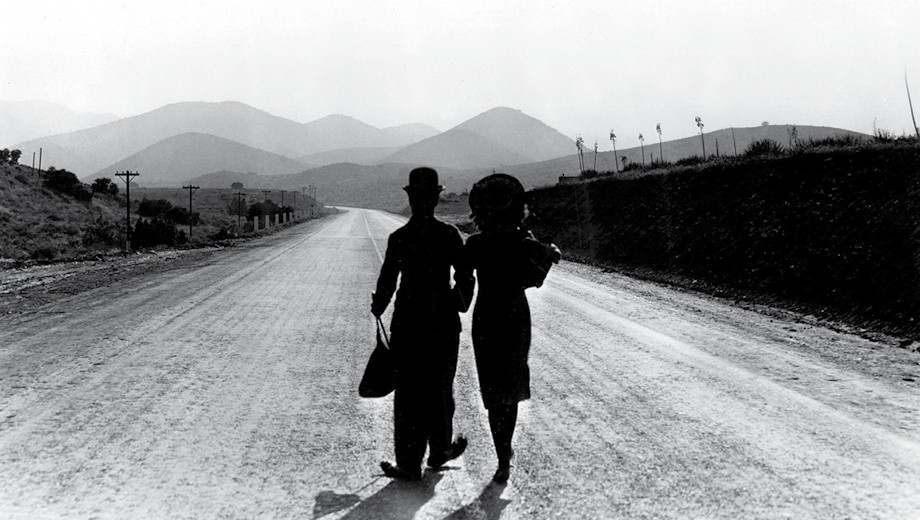During Spring Quarter, Lauren Schachter, PhD’19, taught Reading Cultures, a Humanities Core course, for the first time. “As COVID-19 started to wreak havoc on the economy,” Schachter says, she taught anthropologist Marcel Mauss’s work on gift exchange societies, followed by Marx.
The syllabus included Honoré de Balzac’s Old Goriot, Xiao Hong’s The Field of Life and Death, and Charlie Chaplin’s film Modern Times, “all of which explore how individuals interact with major social and economic shifts,” she says. At the end of the quarter, during the surge of Black Lives Matter protests, they read Richard Wright’s Native Son: “a powerful coincidence that I hope gave students another way into thinking about not only recent events, but also the long history of systemic racism in the United States.”
Schachter is one of 16 Humanities Teaching Fellows, recent UChicago PhD graduates who teach for two years under the supervision of a faculty mentor and the Chicago Center for Teaching. Like all UChicago faculty, the fellows had to scramble to adapt to remote teaching with little notice.
Two of Schachter’s students were six or more time zones away from Chicago time, and the level of internet access among the class varied. So instead of meeting twice a week with the entire group, she met once a week with groups of four to six. On Zoom, she says, “it’s harder to pay attention, discussions are clunkier, silences are more awkward, and there’s no such thing as proper eye contact.” To compensate, she tried to create a comfortable environment where students could be “curious and unsure and worry less about performing smartness. The stress of the pandemic forced us all to be more forgiving of ourselves and each other.”
Patrick Muñoz, PhD’19, taught Evidentiality, an elective for advanced linguistics majors. He made his lectures asynchronous (“Everyone is using this word now,” he notes), so the class period would be free for live online discussions. “Online teaching isn’t bad with a small seminar,” he says. “One thing I do like about Zoom is that students can screen-share, which allows easy navigation of documents and literally getting everyone on the same page.”
Asked whether he’s a technophile or -phobe, Muñoz isn’t sure. “I think this is like asking where someone stands on income tax or the telephone,” he says. “It’s a reality of life whether you like it or not.”
In contrast, Lindsay Family Fellow George Adams, PhD’19, who taught Analysis of 20th Century Music, says he used “about the same amount of technology as I do normally, except of course for the videoconferencing.”
During an ordinary quarter, Adams says, his students would attend concerts by the New Music Ensemble or by student composers, so they could discover the music being written today. But a more significant loss than live performance, he says, was “the experience of listening together in the same room. The social aspect is important. It can really affect your impressions of a piece.”
Like many faculty members, Adams cut back on assignments, recognizing the unprecedented stresses that students were facing. His dissertation adviser, Larry Zbikowski, professor of Music and the Humanities in the College, suggested “this might be a good opportunity to focus on delivering the ideas and skills that really matter,” Adams says. “That’s a mindset that I think I’ll take into teaching in person—always keep in mind that top priority.”

